Around the world, Gen Z is standing up and standing out against harm and injustice caused by the fossil fuel and other extractive industries. As a millennial, I am in awe of their courage, particularly when I consider all the ways we are conditioned not to stand out. For most of us, this was ingrained in our bodies from a young age.
One day in the second grade, my impulse was to stand. I raised effortlessly from my small plastic seat, behind my little wood desk. For a second, I was up, seeing above all the other desks. I stood because my body stood. There was no cause, no motive, no planning, simply the act of moving from seated to standing.
“Sit down Emily. You get a check mark.” My second-grade teacher wrote my name on the blackboard with a squeaky flourish. Hot shame washed over my cheeks as I sank back into my chair. I hadn’t meant to break the rules, my body had simply moved on impulse. I could feel classmates peering eyes, even their gladness. I was a “good girl,” one who did not get check marks. My body did not stand out of turn again.
Now, as our bodies move in mass on impulse to protect the very elements upon which all of our lives depend, what are we up against? As I became an activist, I felt how conditioned I am not to speak out. At first, I took this as a personal failing, but as I’ve gotten deeper into this work, I’ve come to see how this is actually by design. The fossil fuel industry has invested billions of dollars into discrediting climate scientists over the course of decades. Here in my town, city councilors were publicly derided for requesting unbiased science on the safety of a proposed open-pit copper mine in the Lake Superior Watershed. They were told to “stay in their seats.”
Whether we are speaking (or writing or any other mode of communicating) in our local city hall or the White House, with university students or a boss, it can be scary. We are wired to belong, and our current systems are founded in the normalization of environmental destruction. Our systems are set up for us to “belong” to something that is killing us and all other species on this planet. To speak out against that can threaten our sense of community and belonging.
I remembered that moment in second grade as I watched a shaky video a friend shared. The camera focuses on a 21 year old woman seated in a chair, her legs visibly trembling as she readies herself. Then she stands. Elise Joshi, Executive Director of Gen Z for Change faces the White House Press Secretary: “Excuse me for interrupting, but asking nicely hasn’t worked out. A million young people wrote to the administration pleading not to approve a disastrous oil-drilling project in Alaska and we were ignored.” I imagine everything in her wanted to run away. She does not. Her voice steadies. “So I’m here channeling the strength of my ancestors and generation. Will the administration stop approving new oil and gas projects and align with youth, science, and frontline communities from the north slope of Alaska to Louisiana?”
Audience applause covers over the Press Secretary’s voice. When the Secretary’s voice is finally audible, her answer is a dismissive sidestep. And yet. Elise continues. She continues like our lives depend on it, because they do. Her eyes and voice fill with the tears of truth spoken.
As a person out there on the ether-webs, I feel stronger for having seen Elise channel the strength of her ancestors. I feel stronger for hearing the applause of all the young people in the room who were with her.
And I imagine the vast amounts of cultural conditioning Elise had to overcome in order to do this. What did it take? According to Elise’s recent piece in Teen Vogue, she is supported by her colleagues at Gen Z for Change, her family, and her ancestors.
She is held in a web of community. She has a different kind of belonging than the kind that requires us to fit in.
This is what we need to build upon and strengthen. We are wired for belonging. It is part of our nature to look to others for survival. We must create a culture of belonging based on fierce and tender care for the Earth, for life itself. So that we can sit or stand or speak or write with the trembling vulnerability of our love for this Earth, knowing there are people holding us up, with admiration and regard.
And this is an all-generation thing. I don’t want to idealize or objectify Gen Z as our savior. I remember being twenty, encountering boomers with that starry-eyed praise, telling me my generation would save the world. While I appreciated the support, that’s too big a burden for any generation to hold. We must work together. As a millennial, I want to be attuned to how I can learn from and support people both older and younger than me. What I see in Gen Z is a movement toward radical interconnection that allows for the boldness and accountability we need now. We can all learn from this and build upon it wherever we are, whether we are the one taking the risk to stand out, or supporting another who stands on shaking legs.
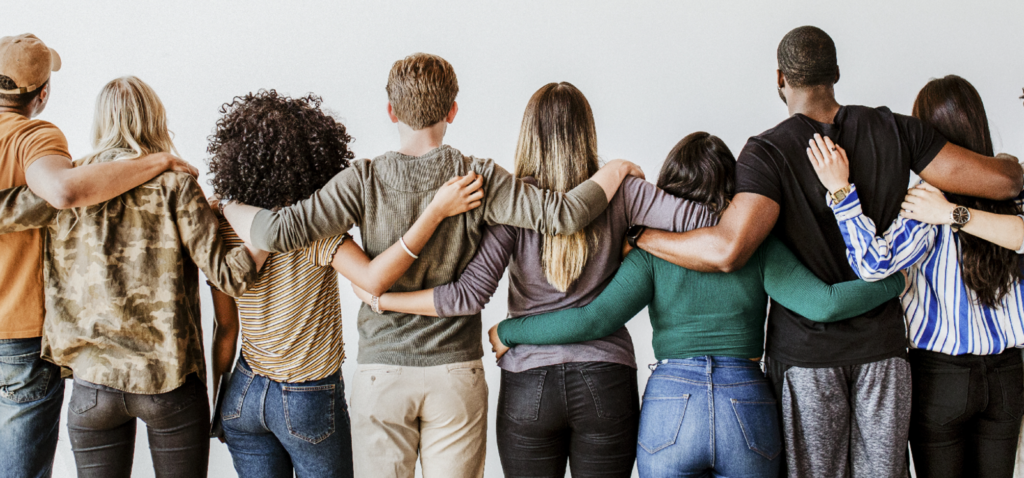

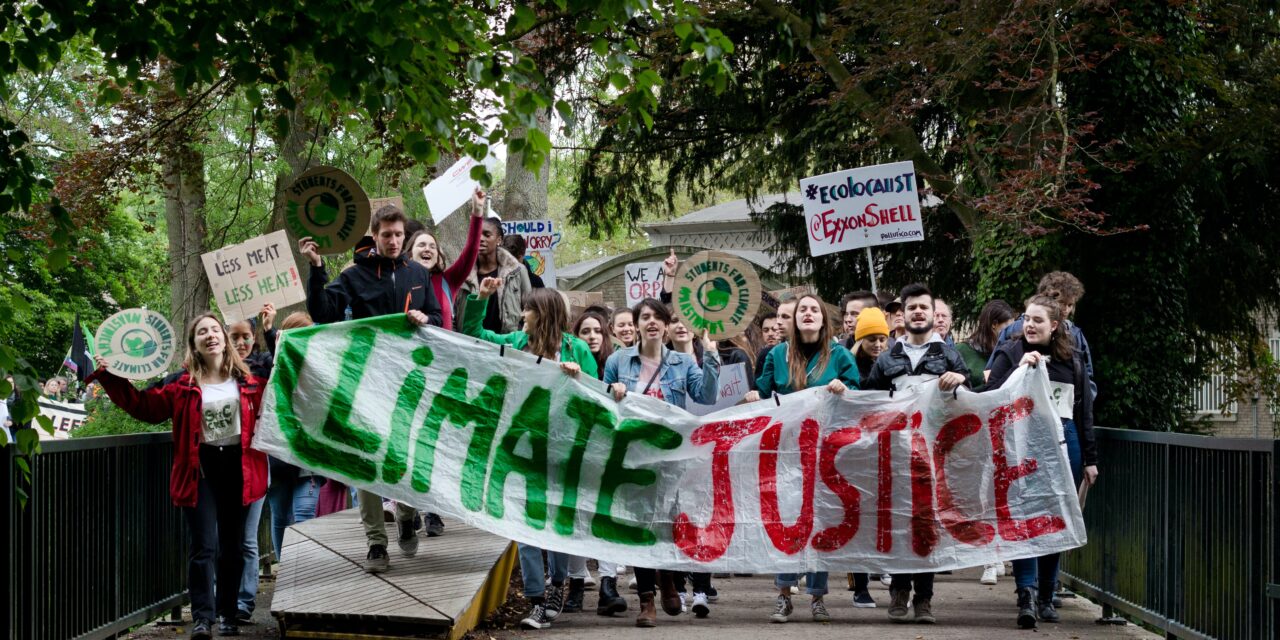
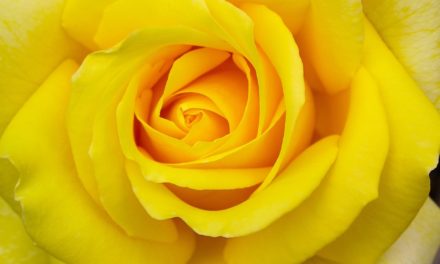
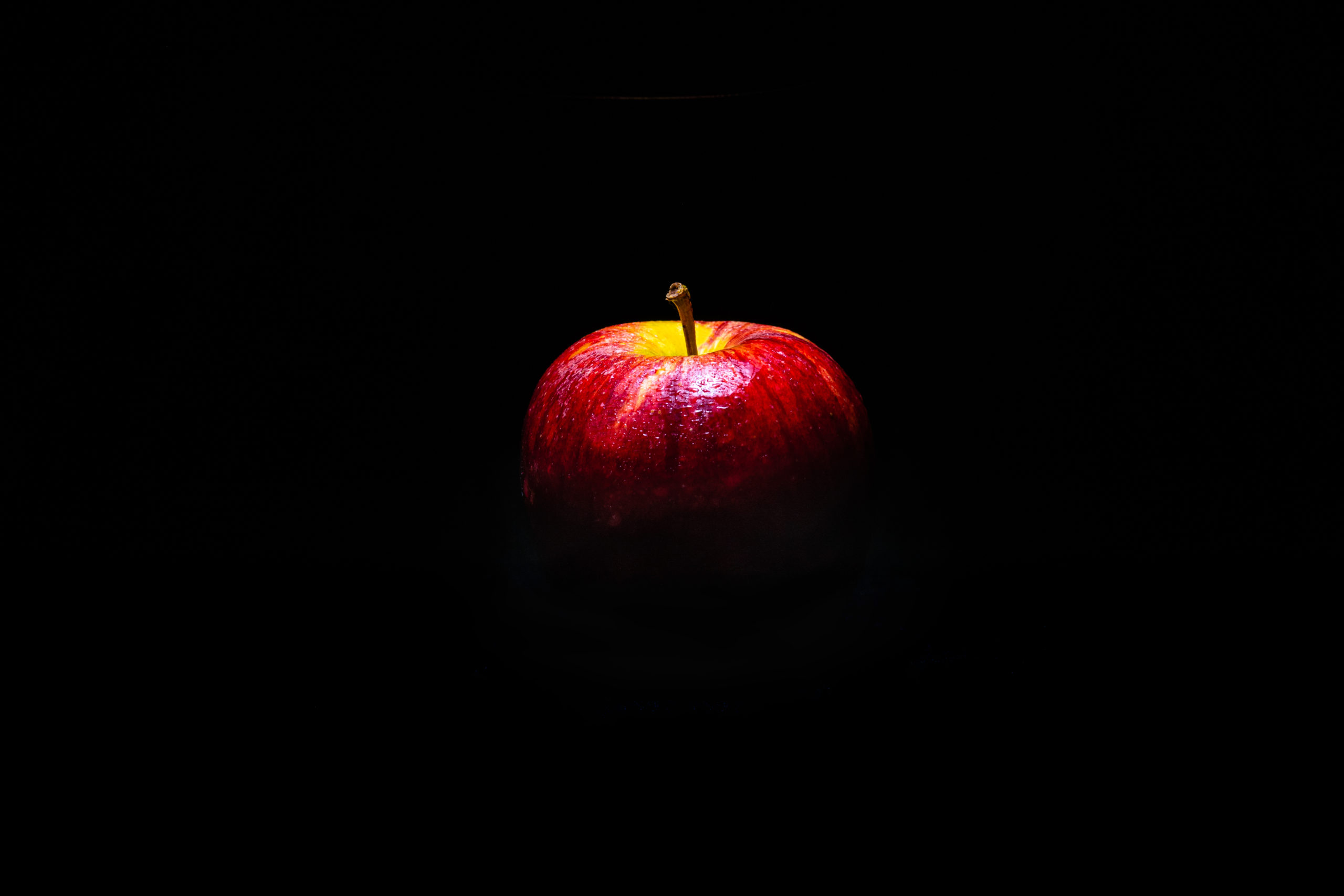
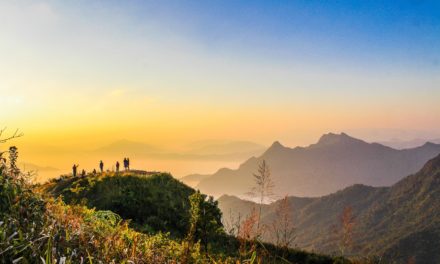
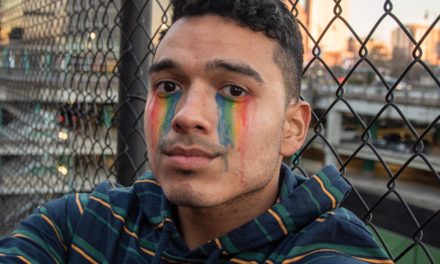

Emily, thank you for this essay! And for your work on behalf of all living Creation….
Thank you for reading Karen! I really appreciate your comment.
I’m using this in sermon I’m delivering on Nov. 12 about the losses of the 1960’s and our hopes beyond losses. This quote “This is what we need to build upon and strengthen. We are wired for belonging. It is part of our nature to look to others for survival. We must create a culture of belonging based on fierce and tender care for the Earth, for life itself. So that we can sit or stand or speak or write with the trembling vulnerability of our love for this Earth, knowing there are people holding us up, with admiration and regard.” And of course attributing it to you. What a wonderful, change creating piece.
Thank you for your kind words, Pat! I’m touched to hear that you’ll use this in your sermon. I wish I could be there to hear it! Thank you for the work you’re doing!